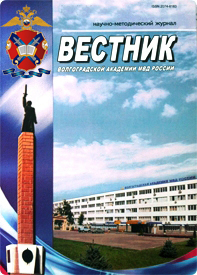The Mongol conquest of Russia is one of the most significant, dramatic and contradictory events in the history of Russia. The study of this period would not be complete without consideration of the role of the Russian Orthodox Church as the most important part of the Russian society in social, political and economic processes. The political course of the Russian Orthodox Church related to the Golden Horde complied with the common patterns of development of the Russian state during all the stages of the Mongol-Tatar dominion. Being free from payments of tribute to the Mongols, the Russian Orthodox Church got an opportunity to strengthen its position in the state and to create the economic basis to start the liberation struggle trying according to a number of historians to unite and consolidate Russia. The Mongol Yoke humiliated the Russian nation greatly and decreased its moral and cultural level, but having strengthened the orthodoxy it didn’t break the people’s spirit.
Russian Orthodox Church, Golden Horde, religious policy, «Great Yassa», label, census of population, relations between Russia and the Golden Horde, Metropolitan Cyrill, Orthodox episcopacy in Saray, Alexander Nevsky, «feat of humidity», «feat in battle», Orthodox faith
1. Kobylkin R. A. Ponyatie «patriotizm»: istoriya i sovremennost' // Vestnik Volgogradskoy akademii MVD Rossii. 2014. № 4.
2. Vvedenie hristianstva na Rusi. M., 1987.
3. Vernadskiy G. V. Dva podviga sv. Aleksandra Nevskogo // Evraziyskiy vremennik. Kn. 4. Praga, 1925.
4. Zagovor protiv russkoy istorii (fakty, zagadki, versii) / L. I. Bocharov [i dr.]. M., 2001.
5. Karamzin N. M. Istoriya Gosudarstva Rossiyskogo. Kn. 2. T. V. M., 1989.
6. Pokrovskiy M. N. Feodalizaciya pravoslavnoy cerkvi i tatarskoe igo // Religiya i cerkov' v istorii Rossii. M., 1975.









